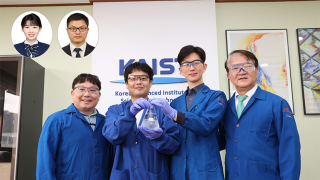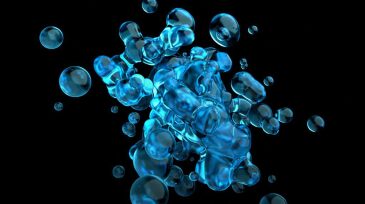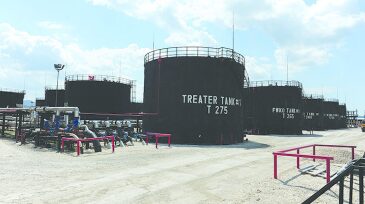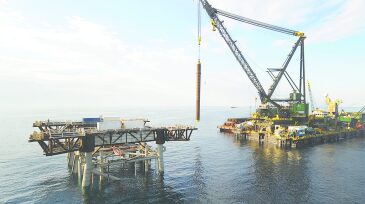Production
Allison Taylor, SPE, is studying whether nanogels can improve how gas, specifically CO2, is stored underground during CO2 flooding operations.
Researchers at KAIST developed an integrated chemobiological platform that converts renewable feedstocks like glucose and glycerol into essential aromatic hydrocarbons (BTEX) using engineered E. coli strains and a solvent-integrated catalytic process, offering a sustainable alternative to petroleum-based production.
Russia’s invasion of Ukraine reignited global interest in nuclear power, driving up uranium demand and prices as nations prioritized energy security and low-carbon reliability amid growing supply and geopolitical challenges.
-
Part of what makes DME an intriguing EOR technology is that it is soluble in both water and oil—with a preference for the latter. Shell’s plan is to add DME to the waterflooding stream to reach a concentration of about 16%, the upper limit of its dissolvability.
-
Everhart Energy Technology, a startup company based in Beverly Hills, California, has developed a system it believes will help small to medium-sized operators cope with the reality that, while oil prices have fallen, their electric bills have not.
-
Although refracturing is a topic that has gained a lot of interest, many shale producers have been sitting on the sidelines because early results did not justify the spending
-
A panel of experts says US shale producers need to rethink their drilling and completion designs as problems mount for horizontal wells when they go on pump. Hanging in the balance is whether long-term production from many shale wells will be achievable.
-
Case studies from around the world prove that big rewards await companies that optimize the artificial lift systems keeping their mature fields alive. The success stories involve a mix of monitoring, automation, and performance tracking.
-
Europe’s largest onshore oil field, the Patos-Marinza in southern Albania, has been given a new lease on life after seeing production soar from 600 B/D just over a decade ago to more than 20,000 B/D this year.
-
DuPont is ramping up the commercial-scale implementation of its microbial enhanced oil recovery (MEOR) method after nearly a decade of development and testing of what it says is a low-risk way to improve production from mature fields.
-
After a year of field testing, a new type of biopolymer developed by Wintershall, Germany’s largest oil and gas producer, is showing promise as an effective enhanced oil recovery (EOR) tool in one of the country’s longest producing oil fields.
-
Issues associated with mercury’s presence in hydrocarbon processing systems have become more apparent as deeper and hotter reservoirs (often with higher levels of mercury) were exploited, and with the low-temperature gas processing used for liquefied natural gas (LNG) and natural gas liquids.
-
Regulations are driving increased decommissioning activities in the Gulf of Mexico. Incomplete data is one of the obstacles in planning decommissioning. As fields have changed ownership over time, key information has been lost, creating challenges for the current operator.













